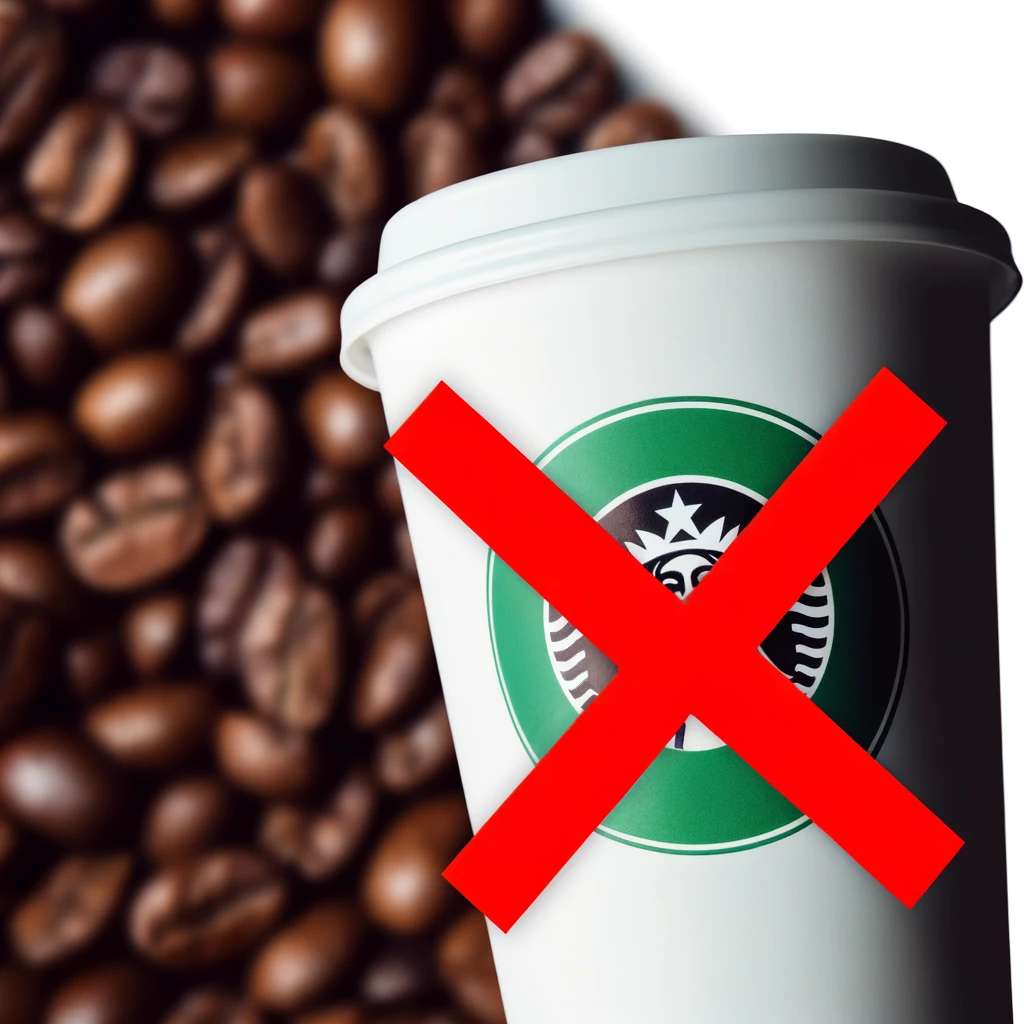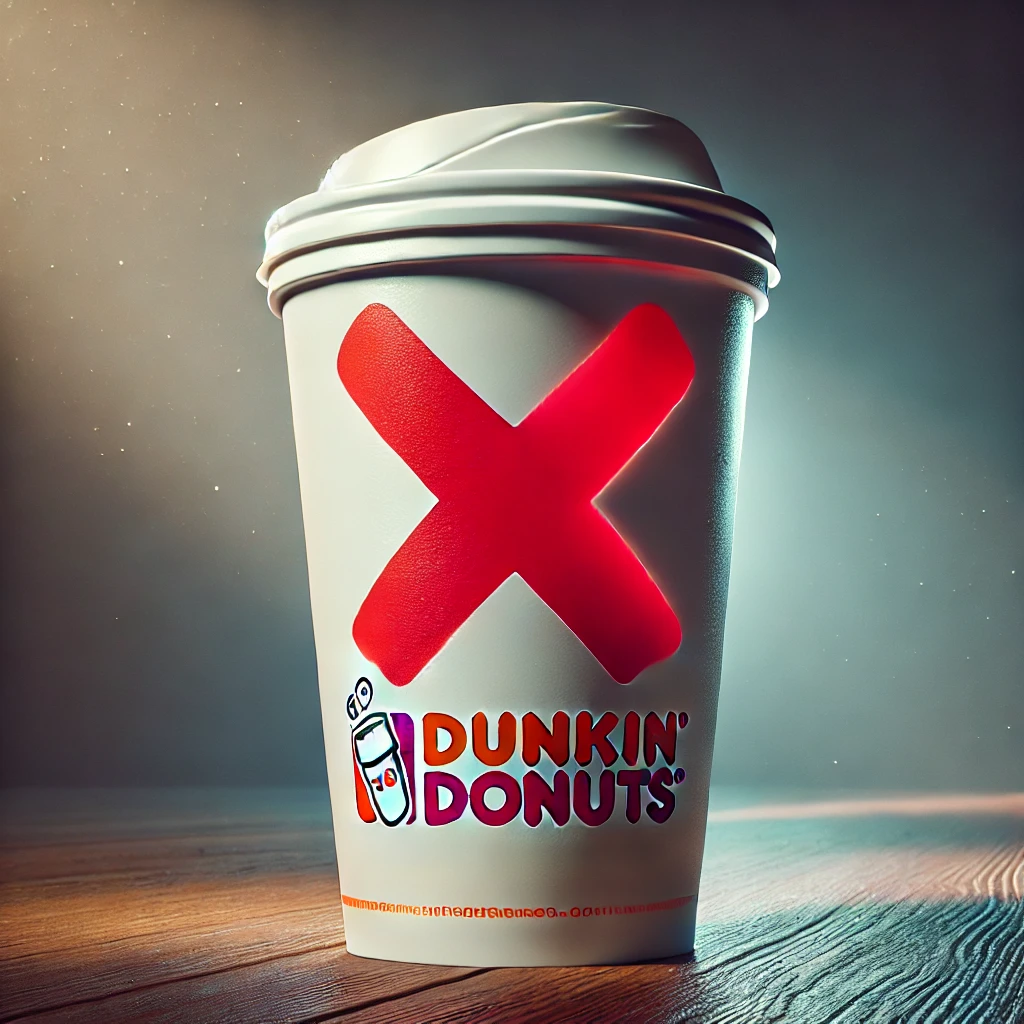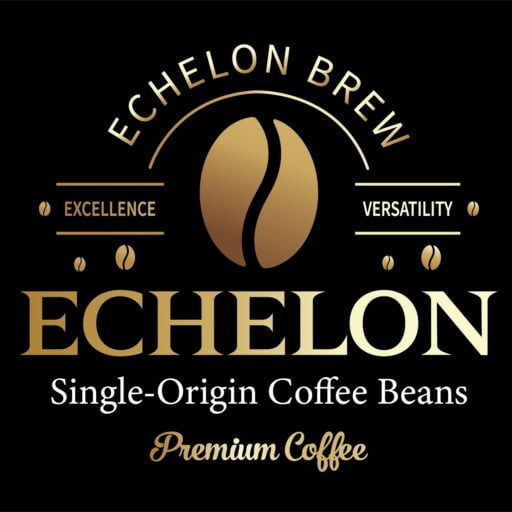Starbucks and Dunkin Donuts Have Been Lying to You! The Truth Behind Corporate Coffee Giants
In a world dominated by corporate coffee giants, we often assume that what we’re getting is the best. But is it? Starbucks and Dunkin Donuts have built empires on convenience and clever marketing, but their practices—and their coffee—are far from premium. In this post, we’ll dive into the reality of their coffee sourcing and explain why choosing premium coffee beans from direct trade single-origin sources is a far better option for your health and wallet.


Table of Contents:
- The Unethical Practices of Starbucks and Dunkin Donuts
- Toxic Coffee vs. Non-Toxic Coffee: What’s the Difference?
- Why You Should Choose Premium Coffee Beans
- Financial and Health Benefits of Switching Away from Corporate Coffee
Section 1: The Unethical Practices of Starbucks and Dunkin Donuts
When you think of Starbucks and Dunkin Donuts, what comes to mind? Convenience, brand recognition, and maybe even a just a quick coffee fix. But behind these big names lies a darker truth.
Coffee Quality Sacrificed for Profit: Both Starbucks and Dunkin Donuts source a majority of their beans from large-scale operations that prioritize quantity over quality. Their focus is on mass production, leading to the use of lower-grade coffee beans that lack the rich flavors found in premium coffee beans. The process often includes over-roasting to mask the poor quality of beans, resulting in a burnt or bitter taste.
Unethical Sourcing and Environmental Damage: Despite Starbucks’ marketing efforts claiming sustainability, their actual sourcing practices have been questioned. Many of the farms supplying these corporations operate under subpar conditions, with little regard for ethical farming practices or fair wages for farmers. Dunkin Donuts also sources from large-scale operations that often don’t prioritize sustainability or ethical practices. This contributes to environmental damage and exploitation in developing regions.
Toxic Chemicals in Your Cup: Corporate coffee giants rely on mass-produced beans that are often treated with harmful pesticides and chemicals. These toxic additives can leach into your cup, making their coffee far from healthy. Unlike non-toxic coffee from direct trade sources, this type of coffee is loaded with potentially harmful substances that have long-term health impacts.
Banking on Convenience Over Quality: Starbucks and Dunkin Donuts have perfected convenience. Drive-thrus and mobile apps make it easy to get your coffee quickly, but what are you sacrificing for that convenience? Quality, ethics, and potentially your health.
Section 2: Toxic Coffee vs. Non-Toxic Coffee – What’s the Difference?
Not all coffee is created equal. The difference between toxic coffee and non-toxic coffee is not just in taste, but in how it affects your health.
Toxic Coffee: Coffee beans used by corporate giants like Starbucks and Dunkin Donuts often come from conventional farms where synthetic pesticides, herbicides, and fungicides are heavily used. These chemicals are absorbed by the coffee plants and can make their way into your cup. Over time, consuming these toxins has been linked to various health issues, including cancer, hormone disruption, and digestive problems. In addition, many large-scale coffee farms also use chemical fertilizers that further degrade the quality of the soil and coffee beans.
Non-Toxic Coffee: On the other hand, non-toxic coffee from direct trade single-origin sources is grown without harmful chemicals. These beans come from smaller farms that use sustainable and organic farming practices, which not only protect the environment but also result in a cleaner, healthier coffee bean. Premium coffee beans are hand-picked at peak ripeness and processed naturally, preserving the beans’ full flavor and health benefits.
Section 3: Why You Should Choose Premium Coffee Beans
Choosing premium coffee beans from direct trade, single-origin sources offers benefits that go far beyond flavor.
Purity and Freshness: Premium coffee beans are typically roasted in small batches, meaning you’re getting a fresher, more flavorful cup of coffee. These beans aren’t sitting on store shelves for months, losing their natural oils and aromas. When you switch to premium beans, you’ll immediately notice the difference in taste—complex flavors, smooth textures, and no bitterness.
Non-Toxic and Clean: As mentioned earlier, premium beans from reliable sources are free from harmful pesticides and additives. By choosing non-toxic coffee, you’re avoiding the harmful chemicals that are commonly found in mass-produced coffee. This ensures that what you’re consuming is not only delicious but also good for your body.
Supporting Ethical Practices: Direct trade means that the farmers growing your coffee are fairly compensated for their hard work. This helps to promote better working conditions, more sustainable farming practices, and ultimately, a better product. When you invest in premium coffee, you’re supporting a system that values both the planet and the people.
Telling a Story in Every Cup: Single-origin coffee allows you to taste the unique characteristics of the region it was grown in. From the fertile soils of Costa Rica’s West Valley to Brazil’s lush highlands, every cup offers a distinct and memorable experience that corporate blends simply can’t match.
Section 4: Financial and Health Benefits of Switching Away from Corporate Coffee
While it may seem like Starbucks or Dunkin Donuts is the more cost-effective option because of convenience, making the switch to premium coffee can actually benefit you both financially and health-wise.
Financial Savings: Corporate coffee chains rely on repeat purchases—convenient but costly over time. A single Starbucks coffee can cost $5 or more. Over the course of a month, that’s $150 on mediocre coffee. By investing in premium coffee beans to brew at home, you can enjoy high-quality coffee every day at a fraction of the cost.
Long-Term Health Benefits: Consuming non-toxic coffee helps to eliminate harmful chemicals from your diet. Over time, this can lead to better digestion, improved heart health, and reduced risks of chronic illnesses. By choosing premium beans, you’re investing in your long-term health, which can save you on medical costs down the road.
More Control Over Your Coffee: When you brew your own coffee with premium beans, you have complete control over the strength, flavor, and additives. You can skip the sugar-laden, artificial flavorings that corporate coffee giants love to sell and instead enjoy a pure, untainted cup of coffee.
Elevating Your Coffee Experience: Brewing your own premium coffee becomes a ritual—one that connects you to the origins of your beans and allows you to savor every moment. This mindful experience is a far cry from the rushed, impersonal transactions at Starbucks and Dunkin Donuts.
In conclusion, Starbucks and Dunkin Donuts have built their empires on convenience, but it’s time to look beyond the brand and ask what’s really in your cup. By switching to premium coffee beans from direct trade, single-origin sources, you’re choosing a healthier, more sustainable, and more enjoyable coffee experience. Say goodbye to toxic coffee and start investing in yourself today.
Ready to make the switch? Click here to shop premium, non-toxic coffee beans.
